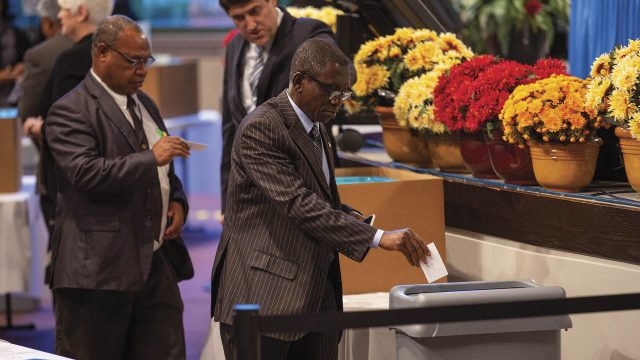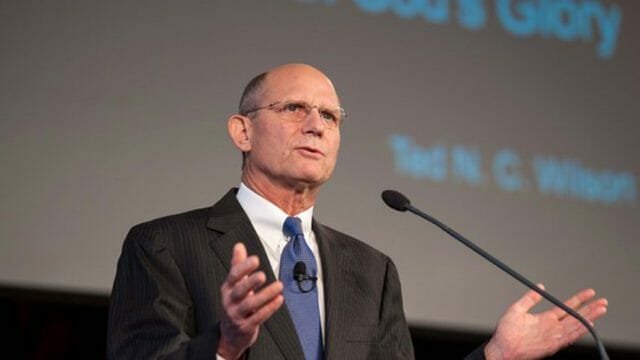The topic of spiritualism, death, and the afterlife is not a new one.

“I have come to the decision that I will no longer watch sci-fi or adventure movies.”
I could not believe my ears. This was the last statement I ever expected to hear from Ayub, my longtime movie buddy. Straddling the millennial and Gen Z generations, Ayub had been an ardent fan of comic superhero adventures, both in television series and big-screen movies. He was always up-to-date with the latest theatrical releases.
“For me, it is more of a spiritual conviction than anything else. I will tell you more when I have time,” he continued, as he left me stewing on the pot he had just stirred.
I paused to reflect on Hollywood releases in recent years. A common theme permeated them: death and the afterlife. There was the hero who had lost a loved one and would have an encounter with the ghost that would speak a nugget of wisdom, taunt the living, or give a glimpse into the future. Could it be that these common scenes across the diverse cinematic genres seek to normalize dark magic and communion with the “walking dead”? Are filmmakers inadvertently promoting a surprisingly coordinated yet subtle agenda of spiritualism?
The topic of spiritualism, death, and the afterlife is not a new one, for the same script has been spun with different actors across the centuries. Years ago the leader of a nation in the ancient world urgently needed counsel to ward off a high-stakes military invasion from a hostile nation. Unfortunately for this famous king, his trusted advisor had died, and he felt he had no one else to turn to. In a supernatural twist of events, what seems to be the ghost of his advisor appears to predict the nation’s defeat and the king’s death on the following day. As predicted, King Saul died the following day (1 Sam. 28; 31). How could a dead man speak, let alone predict an event with such accuracy?
This story should jolt us out of our seats, aghast in shock over something so unusual. We have been so bombarded with images that sanitize interactions with the dead, however, that we have become desensitized. Witchcraft, wizardry, and their magic that intertwines with the realm of the dead are not viewed as an abomination by many in our generation. In fact, many shows feature “good” witches and wizards who emerge as heroes as they save the day. Yet the Word of the Lord remains firm in its stance against spiritualism. What Saul saw was nothing but a demon impersonating the dead prophet Samuel (cf. Rev. 16:14).
In Eden the serpent deceived Eve, saying, “You will not surely die” (Gen. 3:4). Today he continues to perpetuate his lies, effectively implying that there is no judgment or eternal death. Same devil, different generation, purporting a well-orchestrated narrative through the media we consume.
As I’ve reflected on Ayub’s decision, I have come to think he was on to something. In my walk with Christ, I too ought to “throw off everything that hinders and the sin that so easily entangles” (Heb. 12:1, NIV). For many of us, this may include shedding off the media we consume that teaches falsehood. We are exhorted to count ourselves “dead indeed to sin, but alive to God in Christ Jesus” (Rom. 6:11). Moreover, “as you therefore have received Christ Jesus the Lord, so walk in Him” (Col. 2:6). Dead to sin but walking in Christ Jesus—walking dead! May we strive to be the “walking dead” as described by the apostle Paul.








